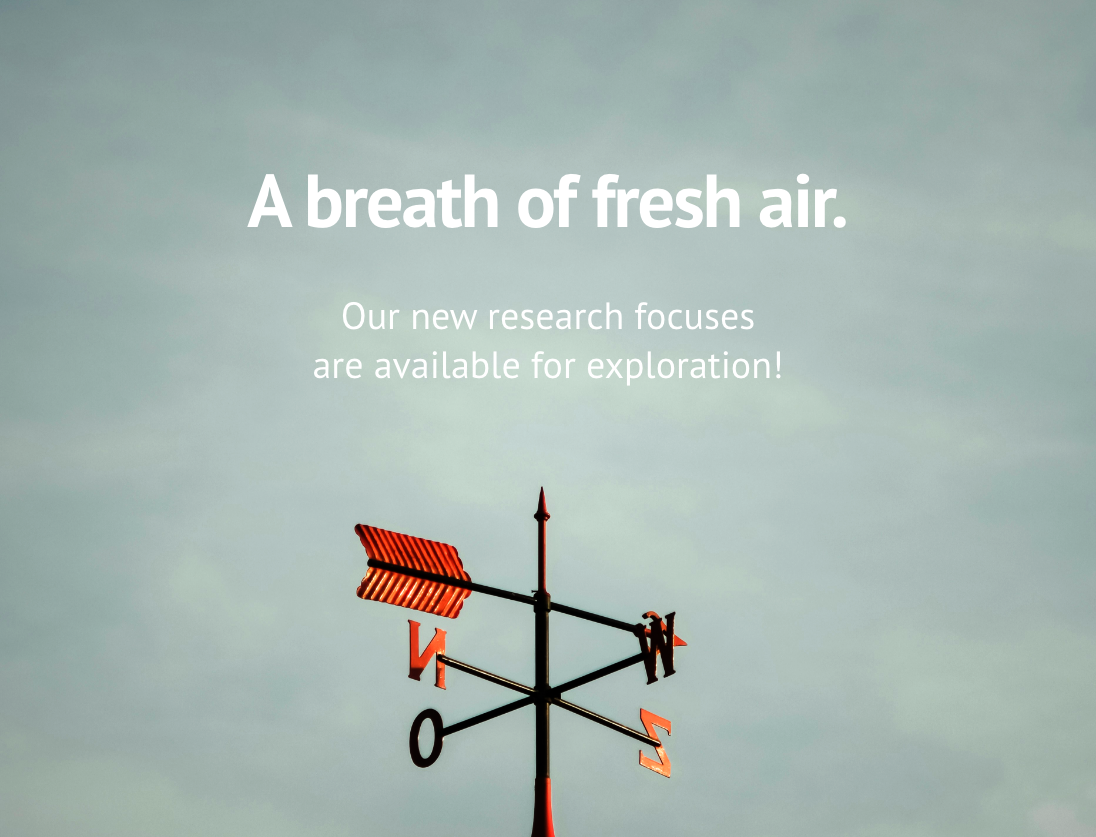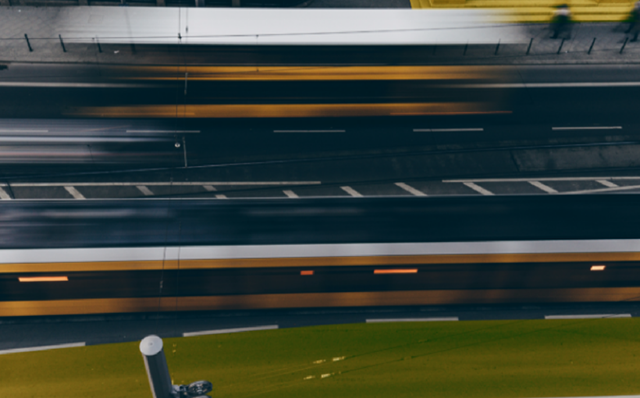NEWS FROM THE INSTITUTE
Wahlkompass Digitales: Online-Tool to compare election programmes
How do we use data purposefully and justly? How should we react to populism and social bots? How can we protect ourselves against cyber…
Blog launch: Elephant in the Lab
Elephant in the Lab targets problems in science. The new blog explicitly adresses »elephants in the lab«, so that scientists can keep up with…
New paper: Remix as a form of innovation
The reuse of existing knowledge is an indispensable part of the creation of novel ideas. Our project manager Sascha Friesike is doing research about…
Public lunch talk: Towards P2P online voting protocols
While online services emerge in all areas of life, the voting procedure in many democracies remains paper-based as the security of current online voting…
DISRUPTED! at Tech Open Air
For the first time ever and in collaboration with HIIG, Tech Open Air offers an exclusive conference format for Mittelstand, Corporates and Startups. At…
Digitaler Salon: Dr. Algorithm
Longer and better living through personalised pills and nanorobots? What is the influence of AI on medicine? And what to do with the health related data? Discuss with us on 30 August!
UPCOMING EVENTS
More to come soon.
Explore our current issues
while we reshape our research agenda…
More to come soon.
Explore our current issues
while we reshape our research agenda…
RESEARCH ISSUES IN FOCUS
Platform governance
Data governance
Artificial intelligence and society
Digitalisation and sustainability
Open higher education
Digital future of the workplace
The Human in the Loop in automated credit lending – Human expertise for greater fairness
How fair is automated credit lending? Where is human expertise essential?
Impactful by design: For digital entrepreneurs driven to create positive societal impact
How impact entrepreneurs can shape digital innovation to build technologies that create meaningful and lasting societal change.
Identifying bias, taking responsibility: Critical perspectives on AI and data quality in higher education
AI is changing higher education. This article explores the risks of bias and why we need a critical approach.












